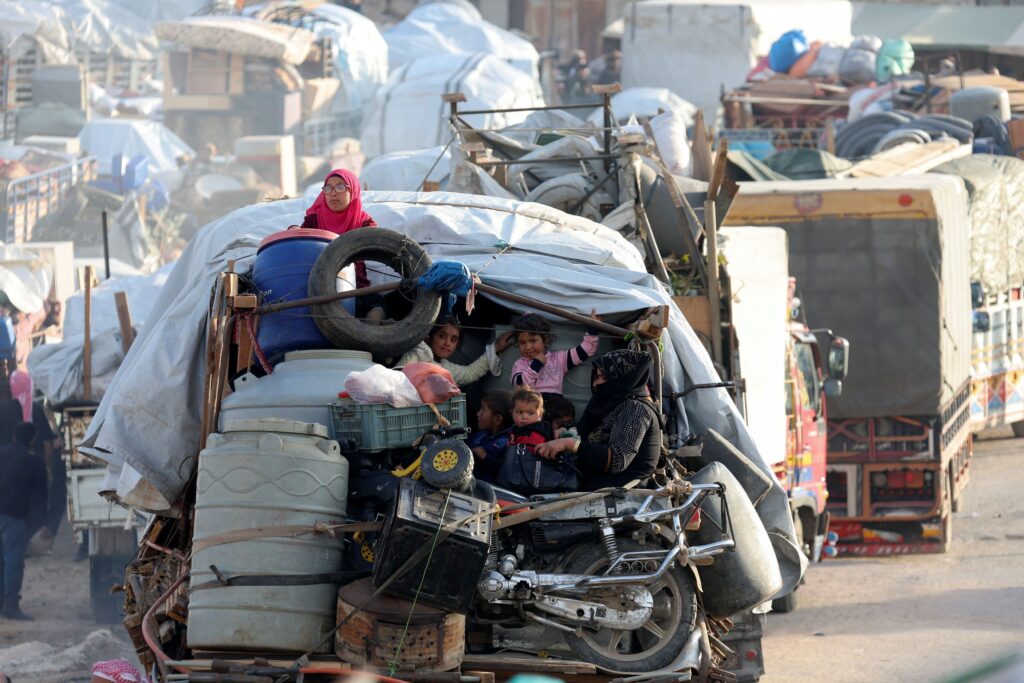Syrian refugees in Lebanon keep grappling with critical living conditions in the country.
This situation stems from a dire socio-economic situation, increasing discrimination, hate speech, and the threat of deportation that pushes more people to take the sea. Increasingly so, it is not only Syrians leaving the country, but Lebanese and Palestinians as well.
According to the UN, more than 80% of Lebanon’s population is deprived from basic rights, including health, education, and a decent standard of living. As the Lebanese Lira has lost 90% of its value since 2019, people’s ability to access food, water, healthcare, and education has dramatically shrunk. This socio-economic crisis impacts the entire population, hitting Syrian refugees particularly hard: according to the UN, 90% of Syrian refugees and 77% of Lebanese live below the poverty line.
The government is using Syrian refugees as scapegoats for these multiple crises, reinforcing discriminatory rhetoric and hate speech. In July 2022, this culminated in a statement by the Minister of the Displaced who announced a plan to deport 15,000 Syrian refugees a month. These so-called “voluntary returns” started being implemented in October 2022, with 700 people deported at the end of October. However, these returns can hardly be considered voluntary, as there are numerous reports of people being pressured to sign the “voluntary” return papers and given the critical security situation in Syria.
Confronted with a severe socio-economic crisis and a constant risk of deportation, many decide to take the sea. In the period between 2021 and 2022, the number of people fleeing Lebanon almost tripled, from 1,570 to 4,629. Taking the sea is however increasingly challenging: between the numerous pullbacks carried out by Lebanese authorities and the systemic pushbacks carried out by the Cypriot authorities, several deadly incidents were registered last year, with dozens of victims and missing people as well as attempts to reach as far as Italy by boat. Recently, a boat with more than 230 people mostly from Syria was pulled back by the Lebanese authorities: two people died, while the majority of Syrians were deported to the Syrian side of the border.
As Syrian refugee Iman Al Saud says in a video published by EuroMed Rights: “We would not have come here if we had not been forced to live here, but we were. People wouldn’t have come here if the situation in Syria hadn’t gotten worse.”
Stuck between the impossibility to go back, the unsustainability of the life in Lebanon, and the dangers of crossing the sea, what is the future for Syrian refugees in Lebanon?

